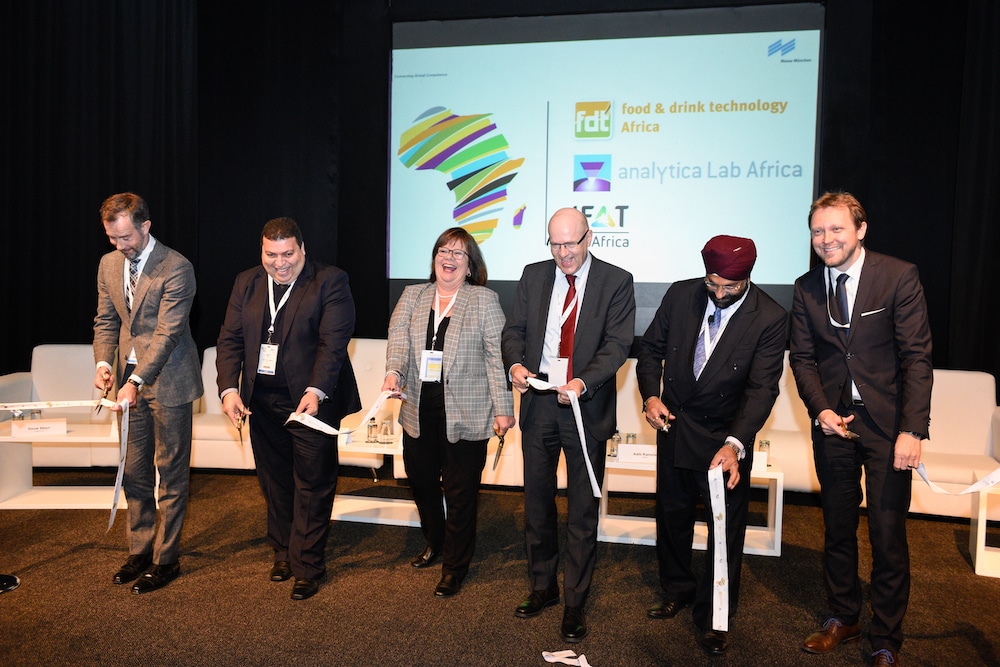The 2030 Agenda for Sustainable Development established by the United Nations, has 17 targets that must be met in order for universal poverty and environmental degradation to end. Central to the achievement of these goals is the provision of clean water and safe sanitation under SDG6, that some argue is integral to all other goals being achieved.
The dynamic panel included Ranjit Baxi, President of the Bureau of International Recycling, Douw Steyn, Director of Sustainability at Plastics South Africa, Aditi Ramola, Technical Director of International Solid Waste Association (ISWA), Levy Meduse of UNIDO, Dr Lester Goldman, CEO of Water Institute of Southern Africa (WISA) and Spokesperson for Pentair, a company specialized on energy efficient water treatment, filtration products, pumps and water systems.
The panel identified four key Sustainable Development Goals where water and waste intersected. SDG 6, concerned with water and sanitation was identified as central, while SDG 9 that calls for an industry to respond to social challenges with technological innovation was seen as the enabler for achieving SDG 11, sustainable cities and communities and potentially solving our greatest global challenge – climate change, addressed under SDG 13.
While the increasing burden of waste in our cities is having a detrimental effect on our water, health and food systems, Baxi argued against over regulating the sector could stifle enterprise and innovation that could ‘green’ waste management practices in developing economies.
Representatives from UNIDO and Pentair agreed that over-regulation could discourage communities from acting more responsibly and called instead for more hoslitic community development approaches that would encourage knowledge and allow for a ‘shared prosperity.’
Ramola differed, stating that policy regulation is arguably the only tool that will enable municipalities to manage their waste streams more sustainably and shift behaviour. Policy instruments such as Separation of waste at source, according to Ramola, are fundamental in helping municipalities meet their environmental obligations and preventing waste from entering our food chain.
Douw Steyn of Plastics SA, described how his organisation is supporting communities to clean up four critical river catchments in South Africa. An extensive assessment was undertaken to track waste on the coast to its upstream source and target delinquent communities through environmental education and technical knowledge on how to separate plastics for the recycling market.
In South Africa, there are reportedly 70 000 informal waste pickers who survive by recovering recyclable waste with a market value. According to Steyn, only 44% of this 1.5 million tons of plastics produced each year are recovered and were it not for these informal waste pickers, the burden to landfill would be considerably greater.
As many African cities move to regulate waste management and meet their obligations to the Sustainable development goals, there is still some way to go to creating a socially inclusive green economy that also considers the most vulnerable members of our society.
Kristina Gubic
(from Johannesburg)
